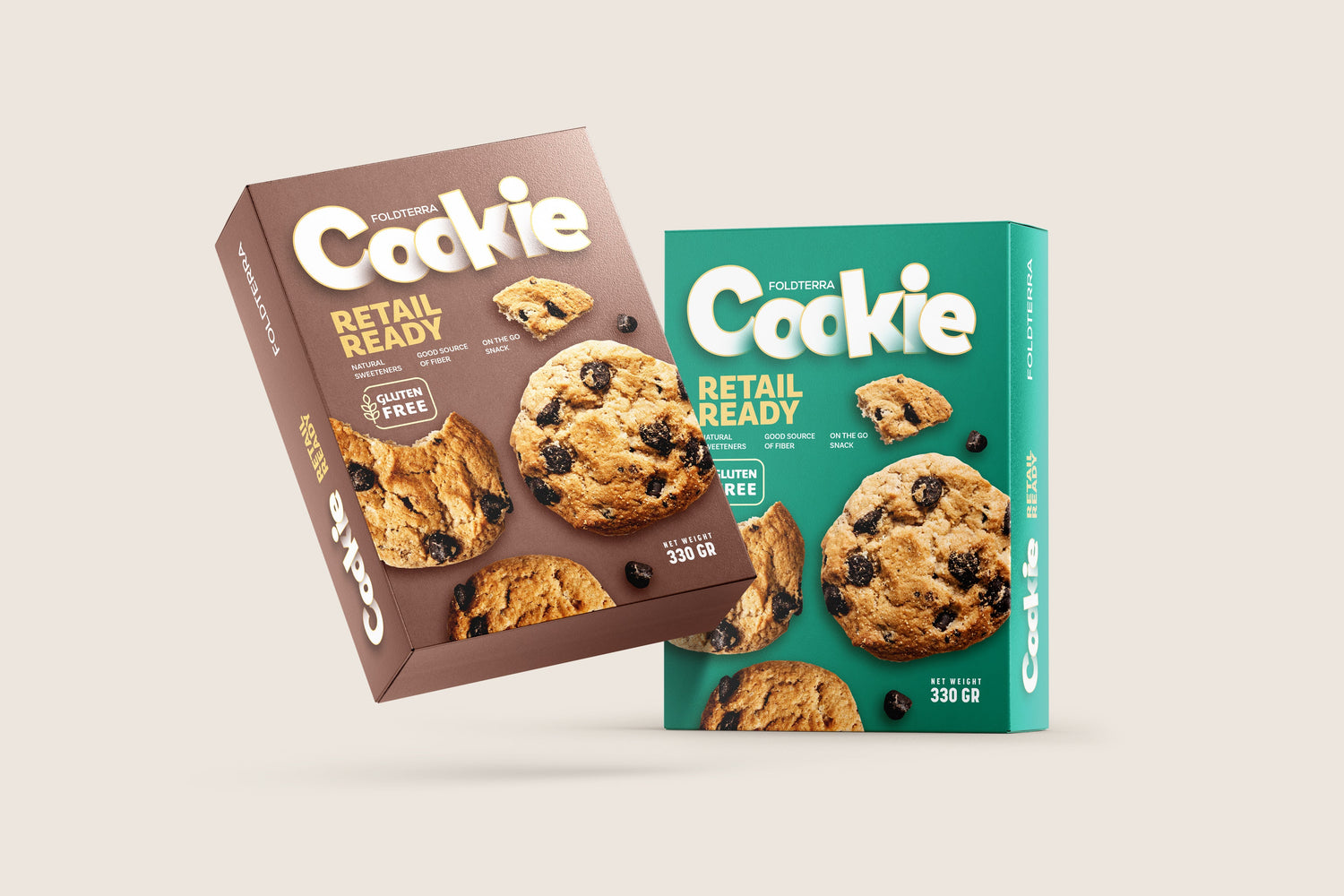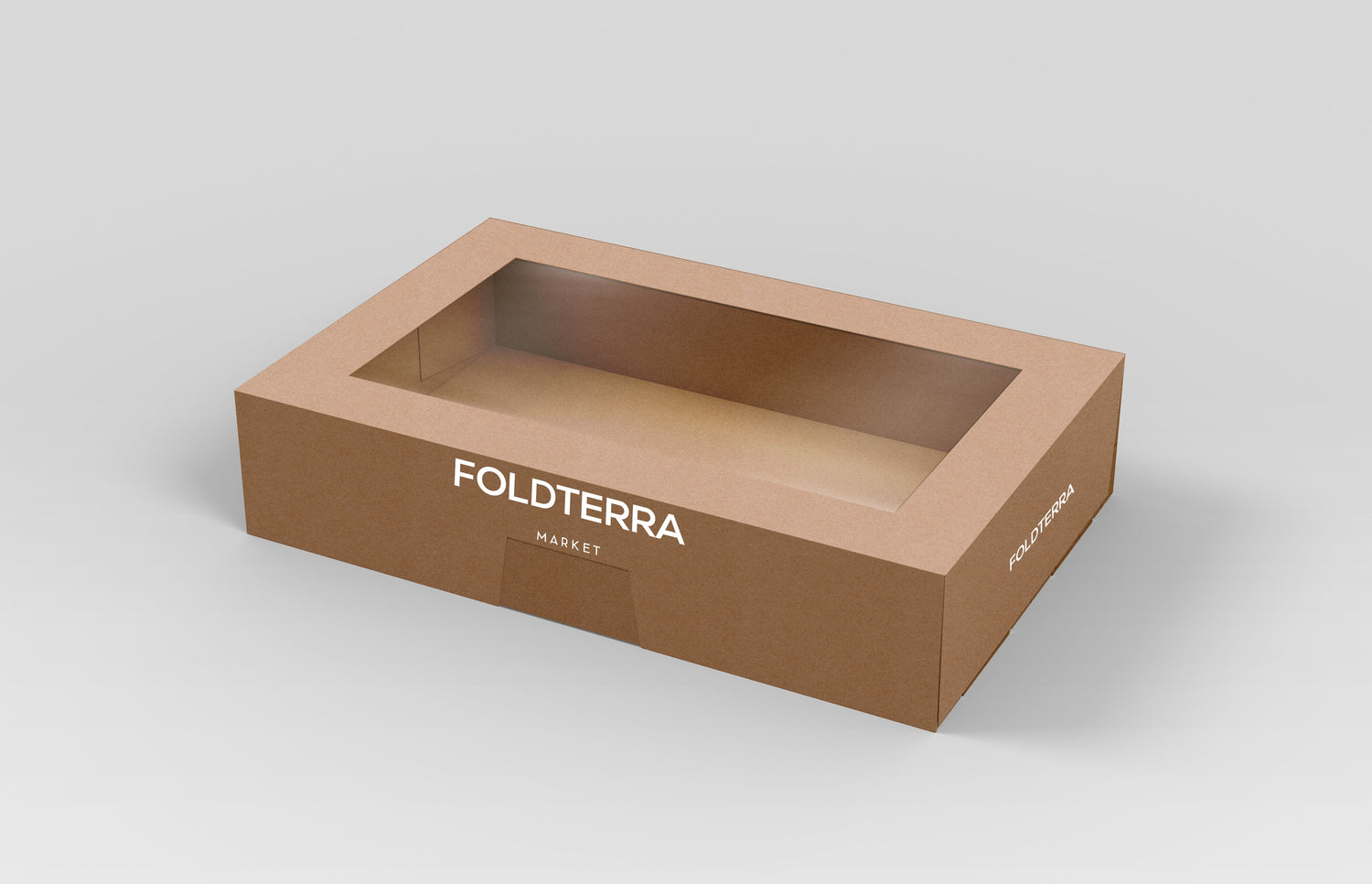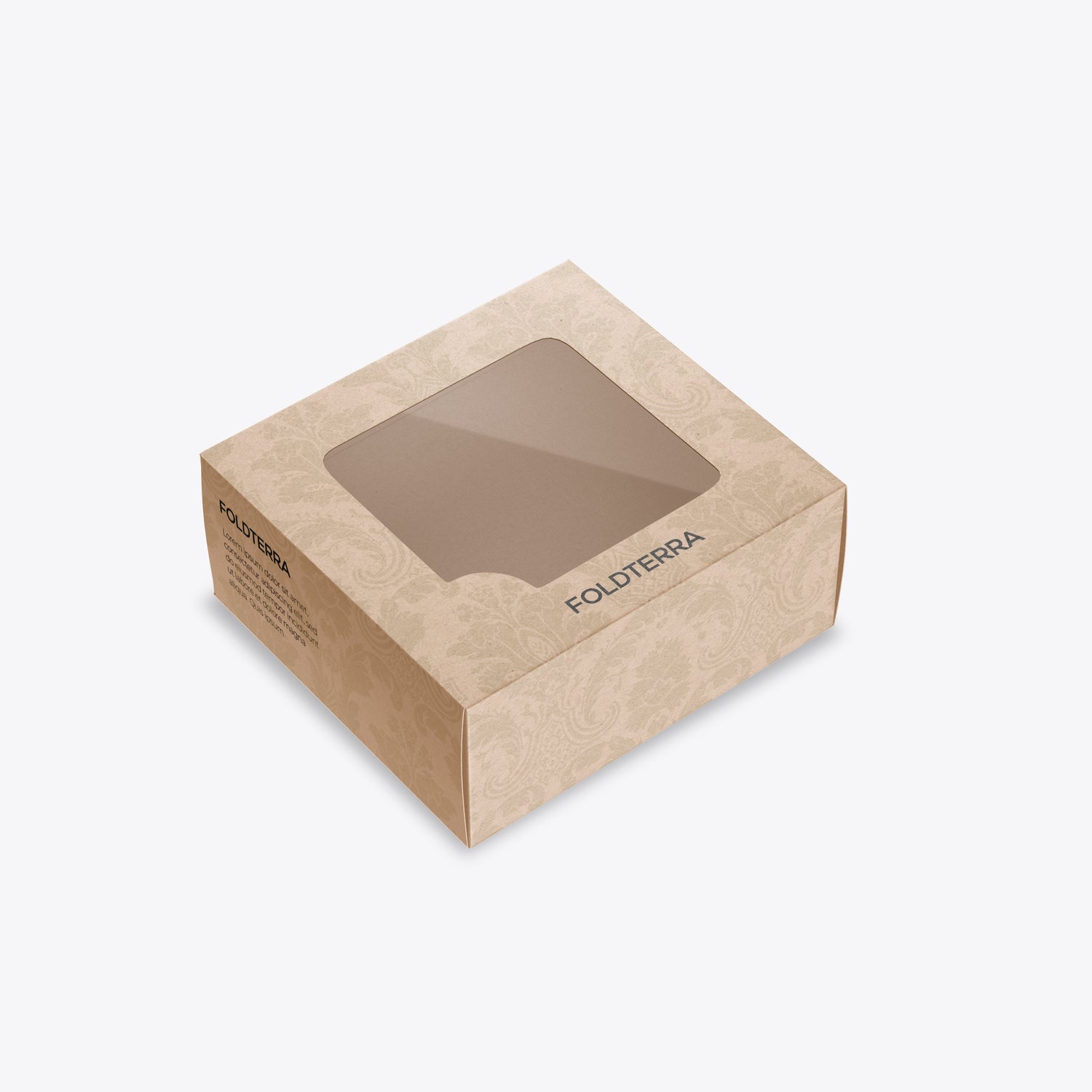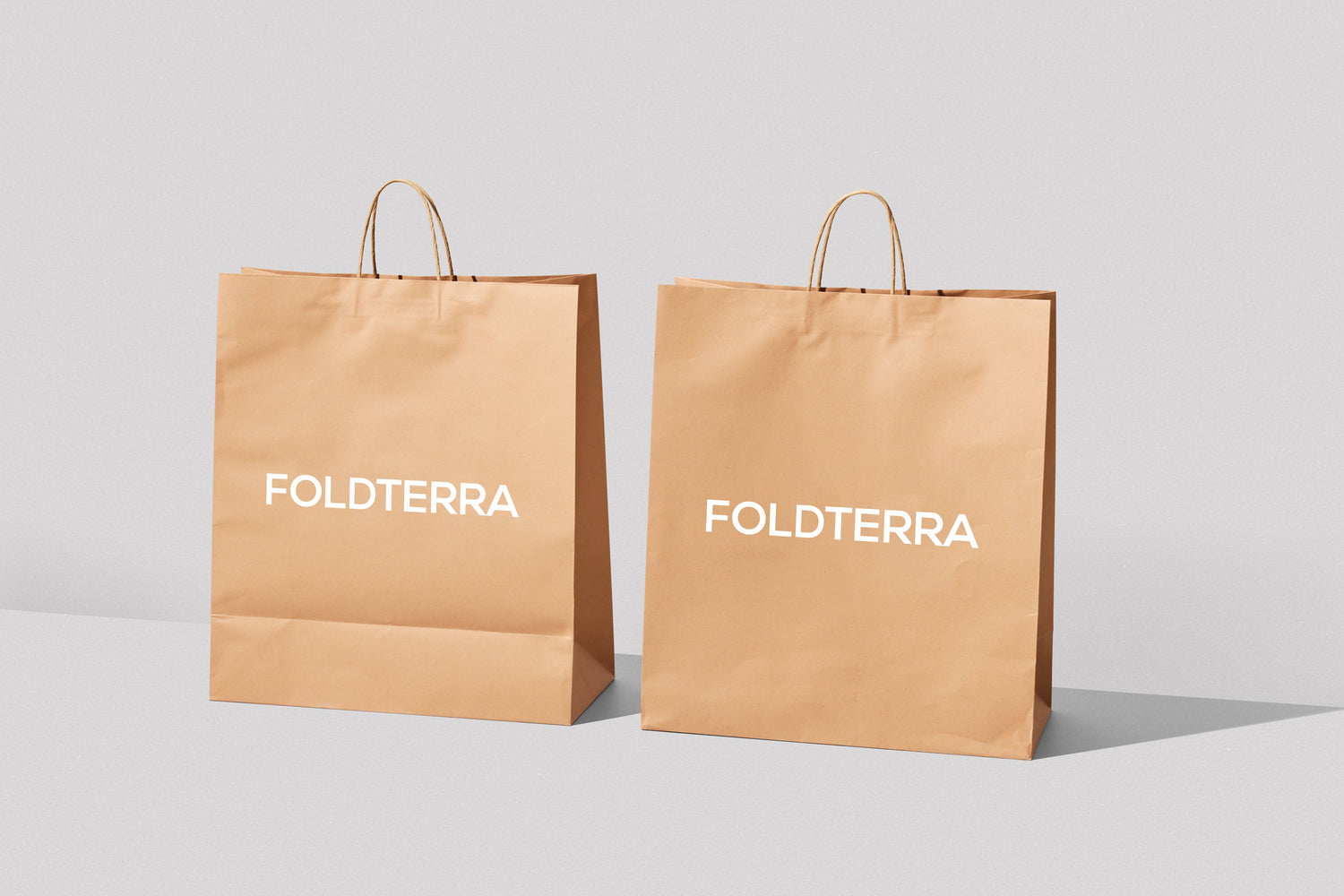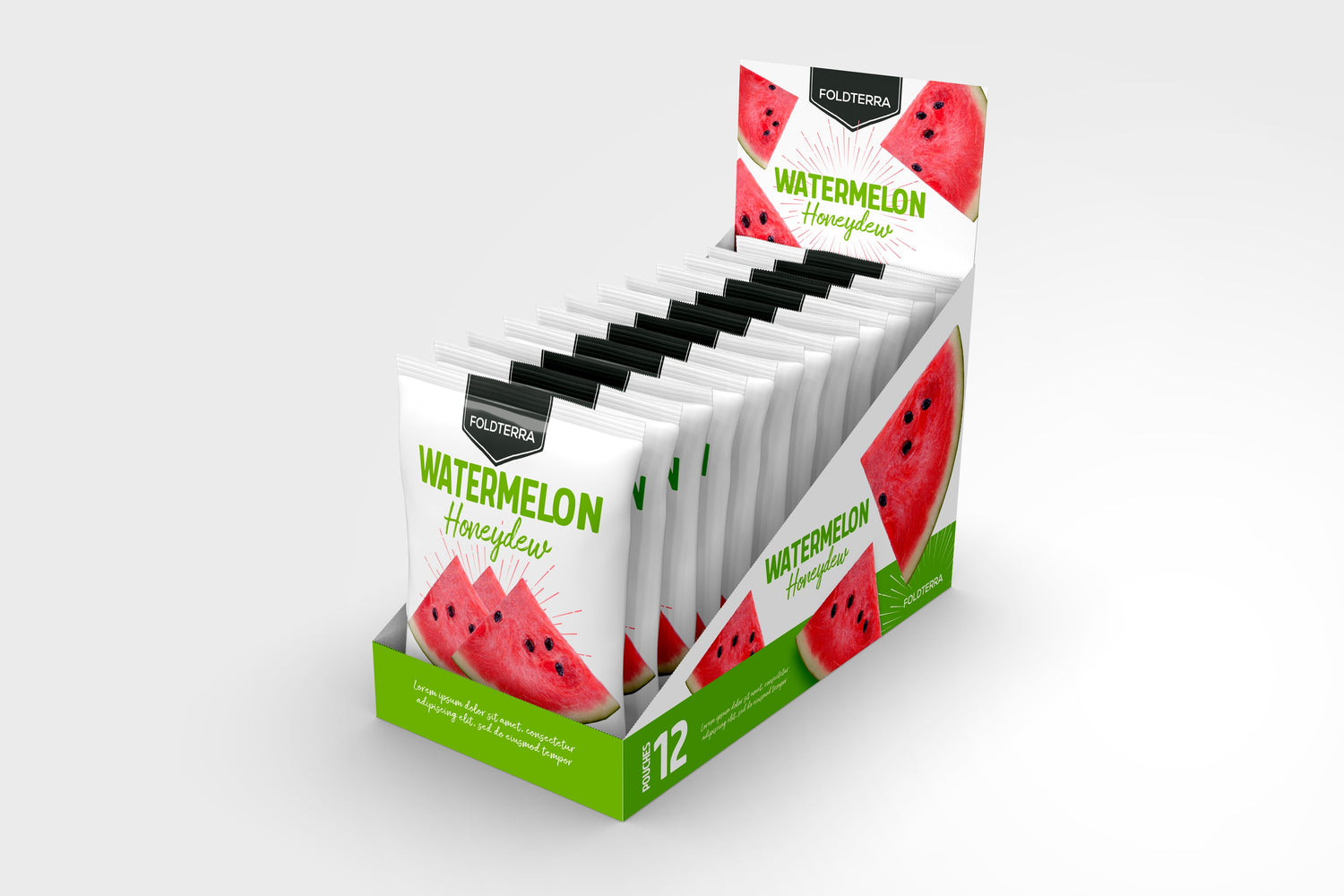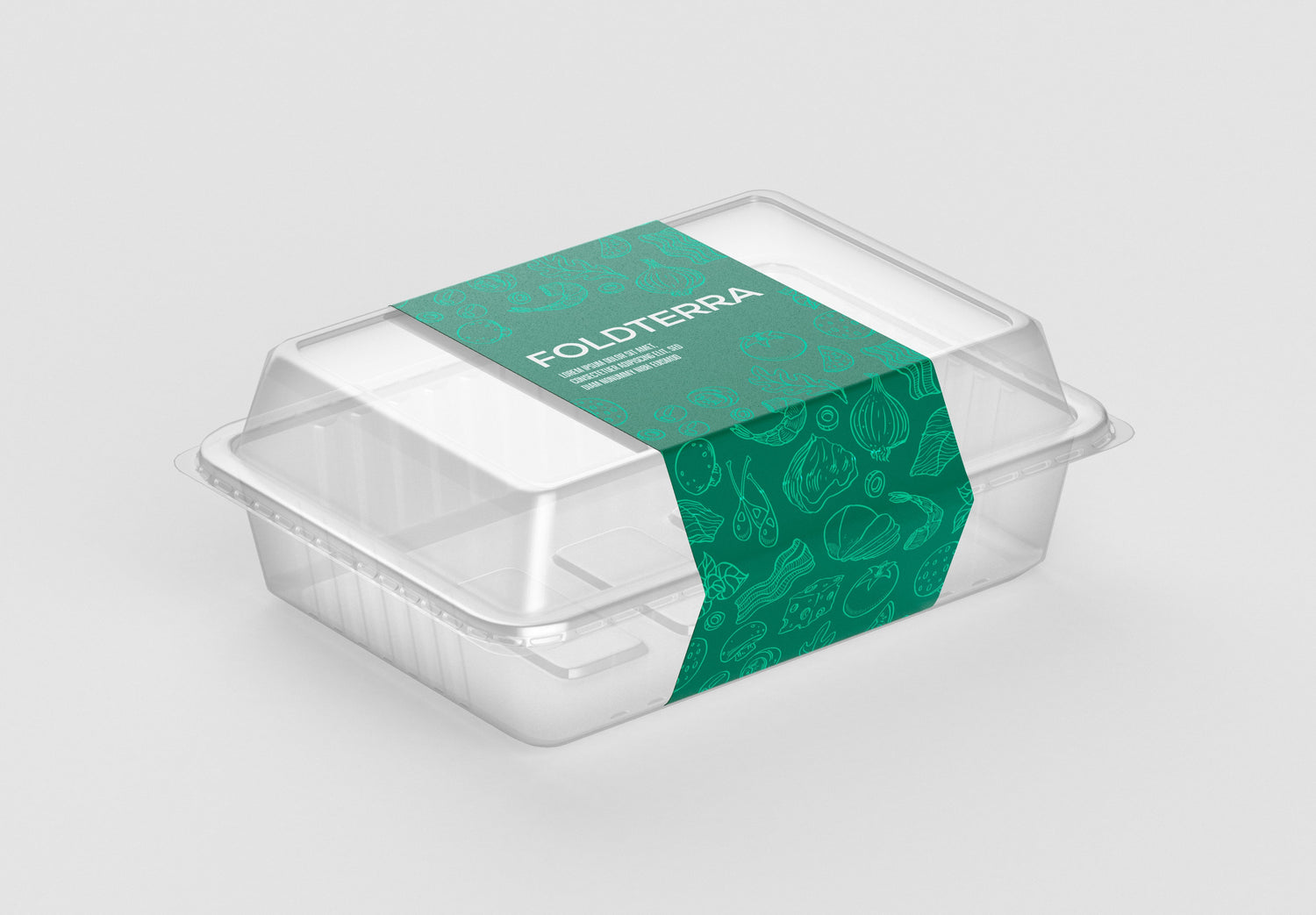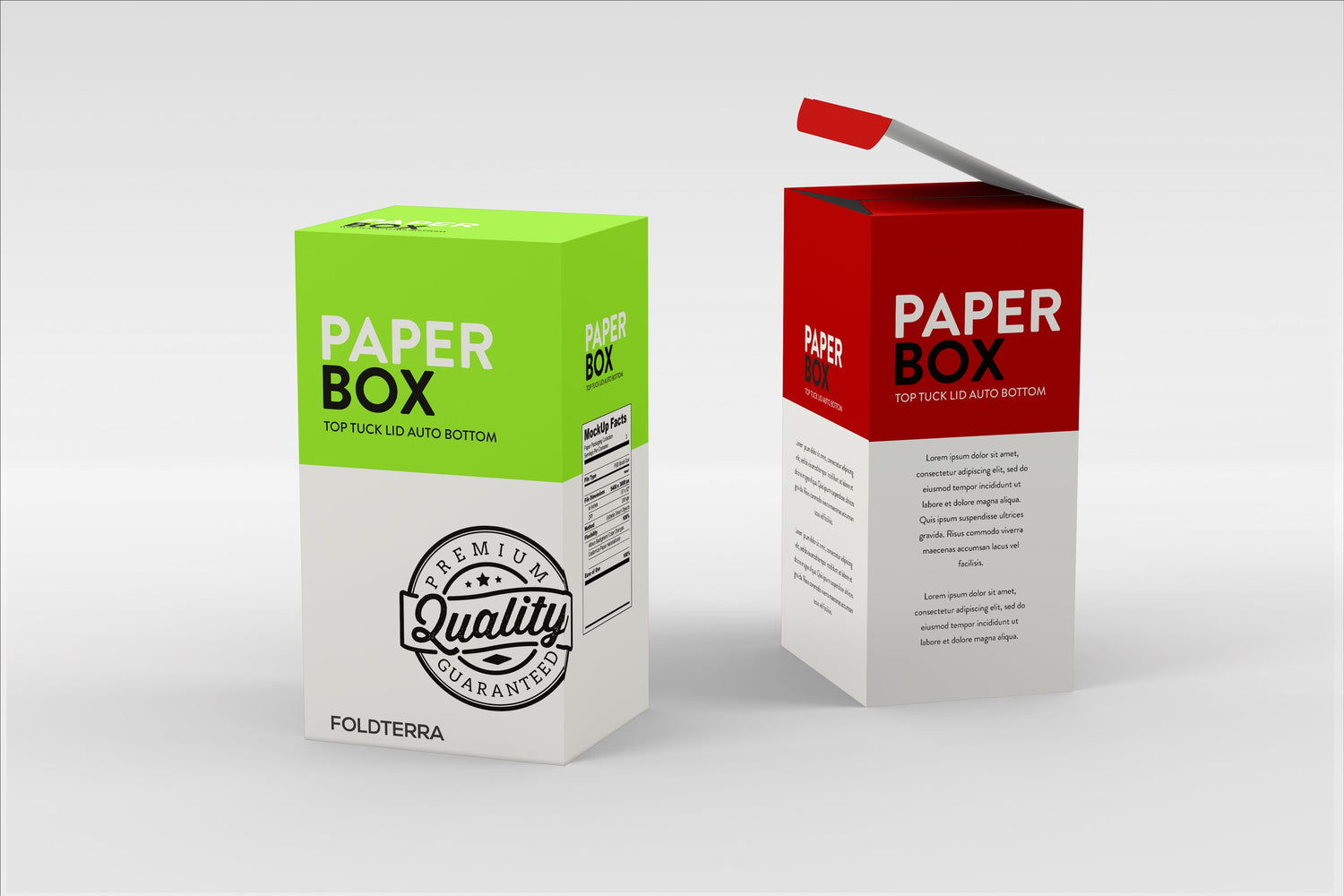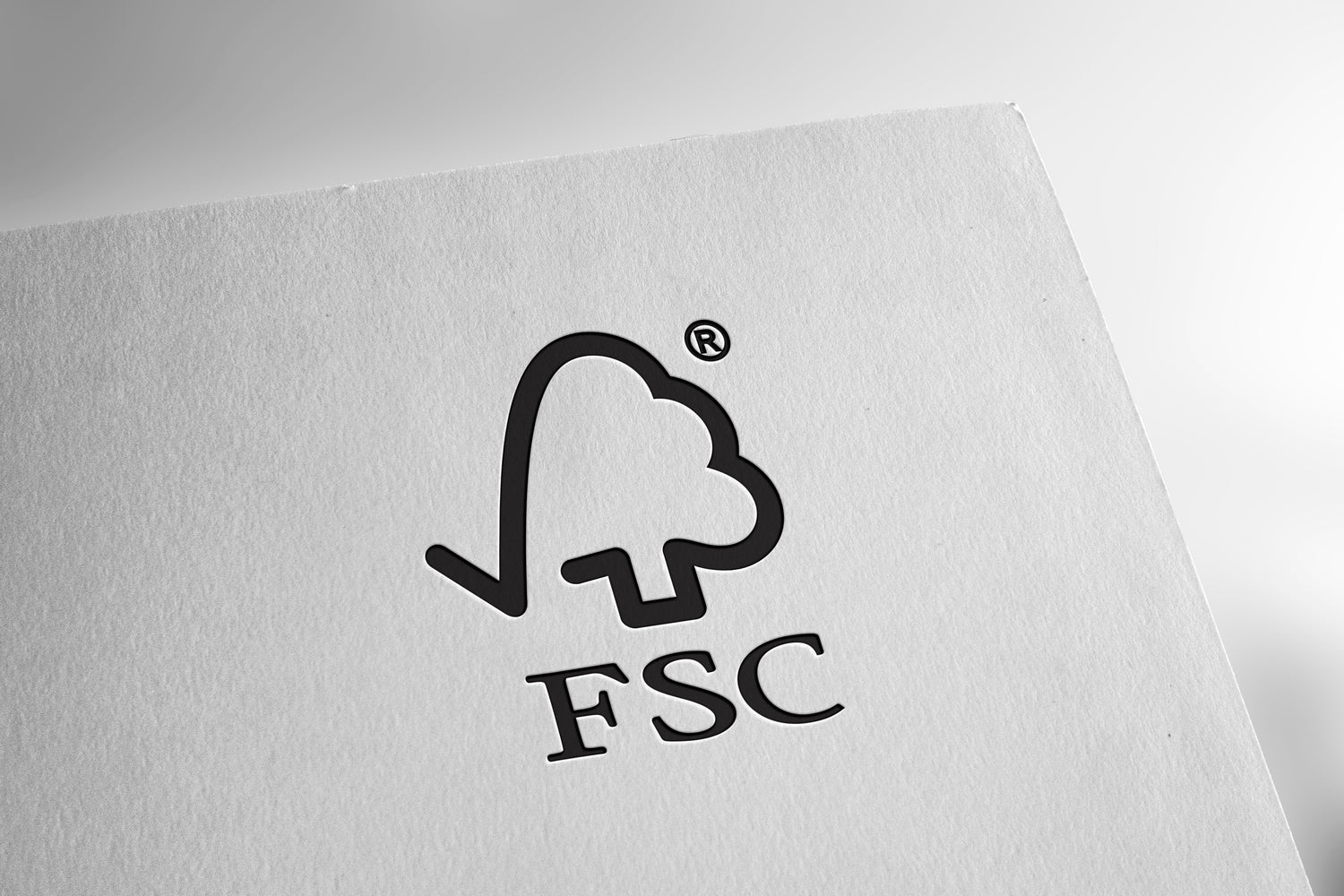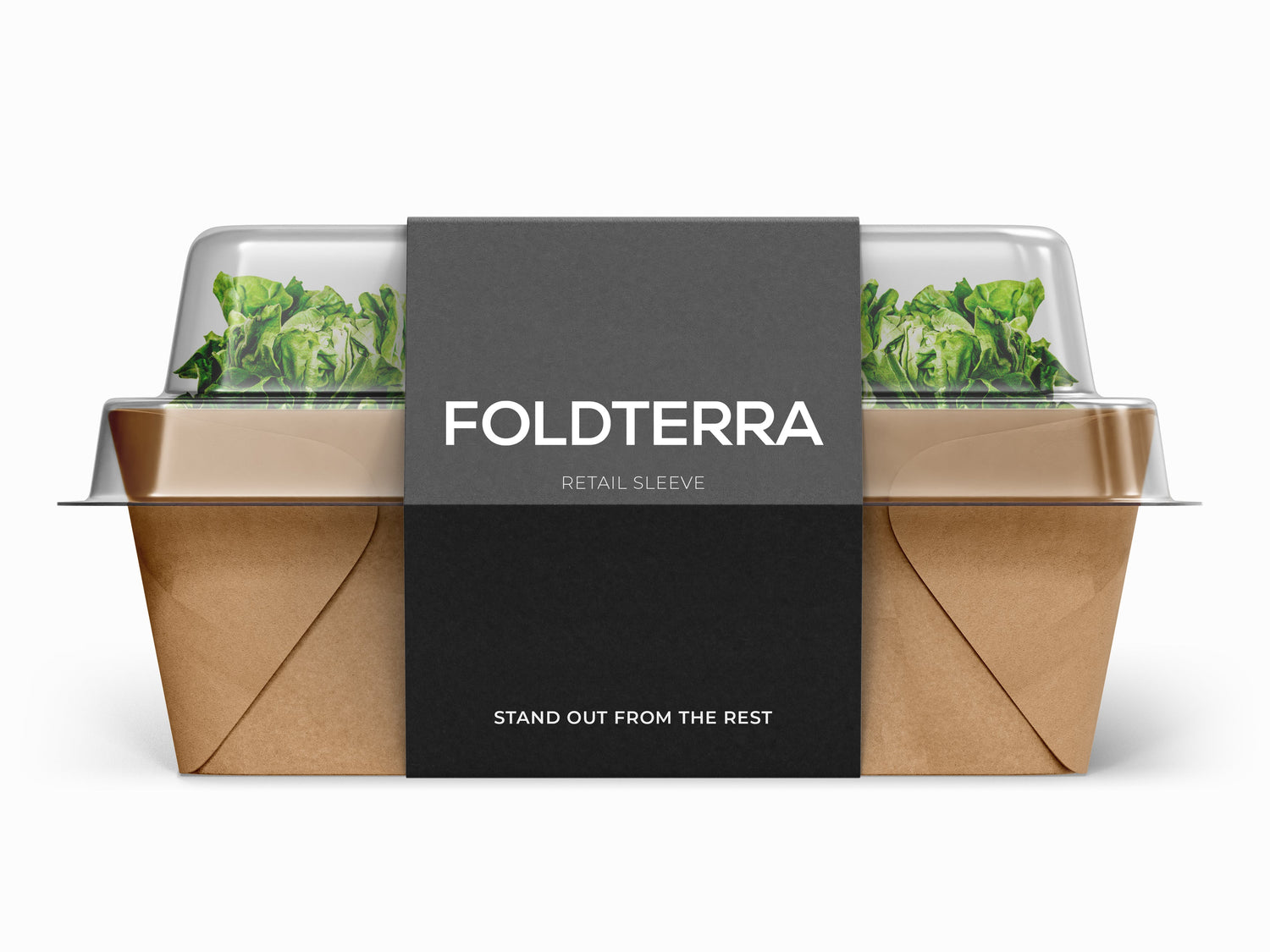
foodservice folding board
Effective packaging is essential for food that’s consumed on the go. Well-designed packaging protects the food, makes it easy to handle and consume, ensures its safety and acts as a powerful branding element. Our offerings for takeaway food applications are based on safe, pure and renewable fresh fibres.
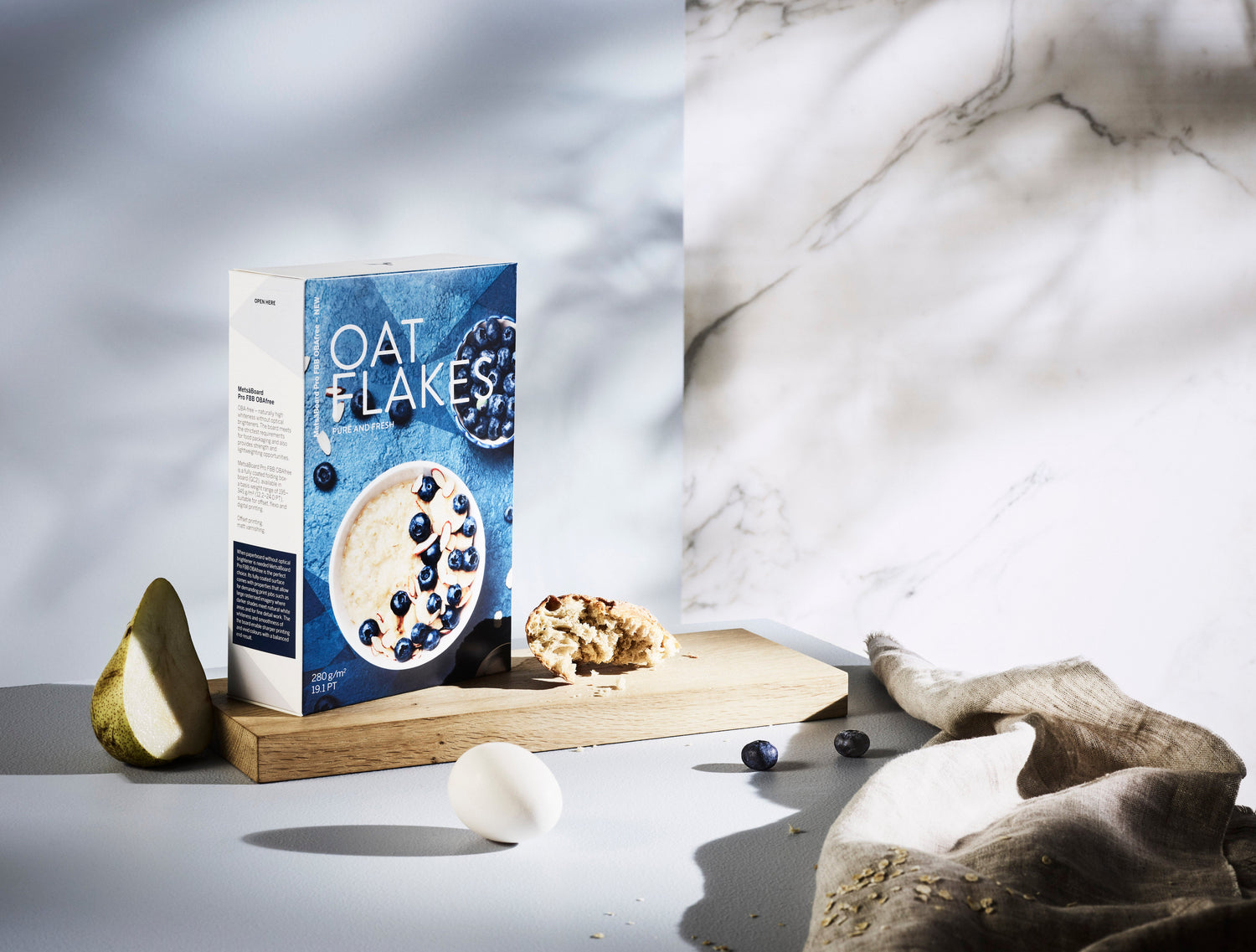
folding boxboards
Our sustainable folding boxboard range includes lightweight paperboards with a natural look and feel as well as coated paperboards for premium image reproduction and luxury appearance. Our goal is to provide Stronger, Stiffer, Lighter and Thinner retail packaging.
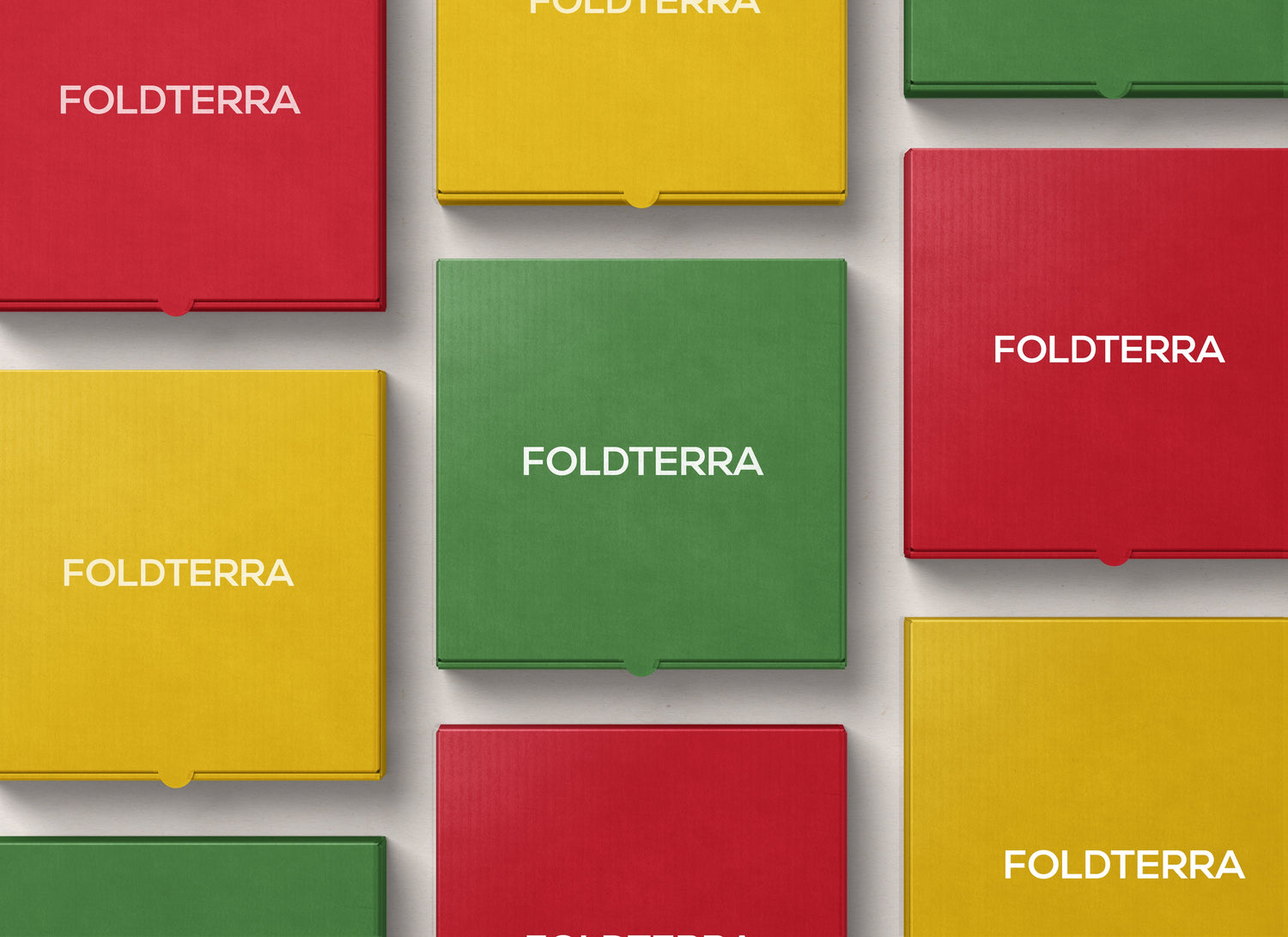
corrugated board
Our pizza boxes are made from high quality, renewable and sustainable materials sourced from FSC certified forests. Our boxes are the perfect choice for any seeking the confidence of a durable and strong pizza box, while reducing their environmental impact. Everything we manufacture is tailor-made for the unique requirements of your application
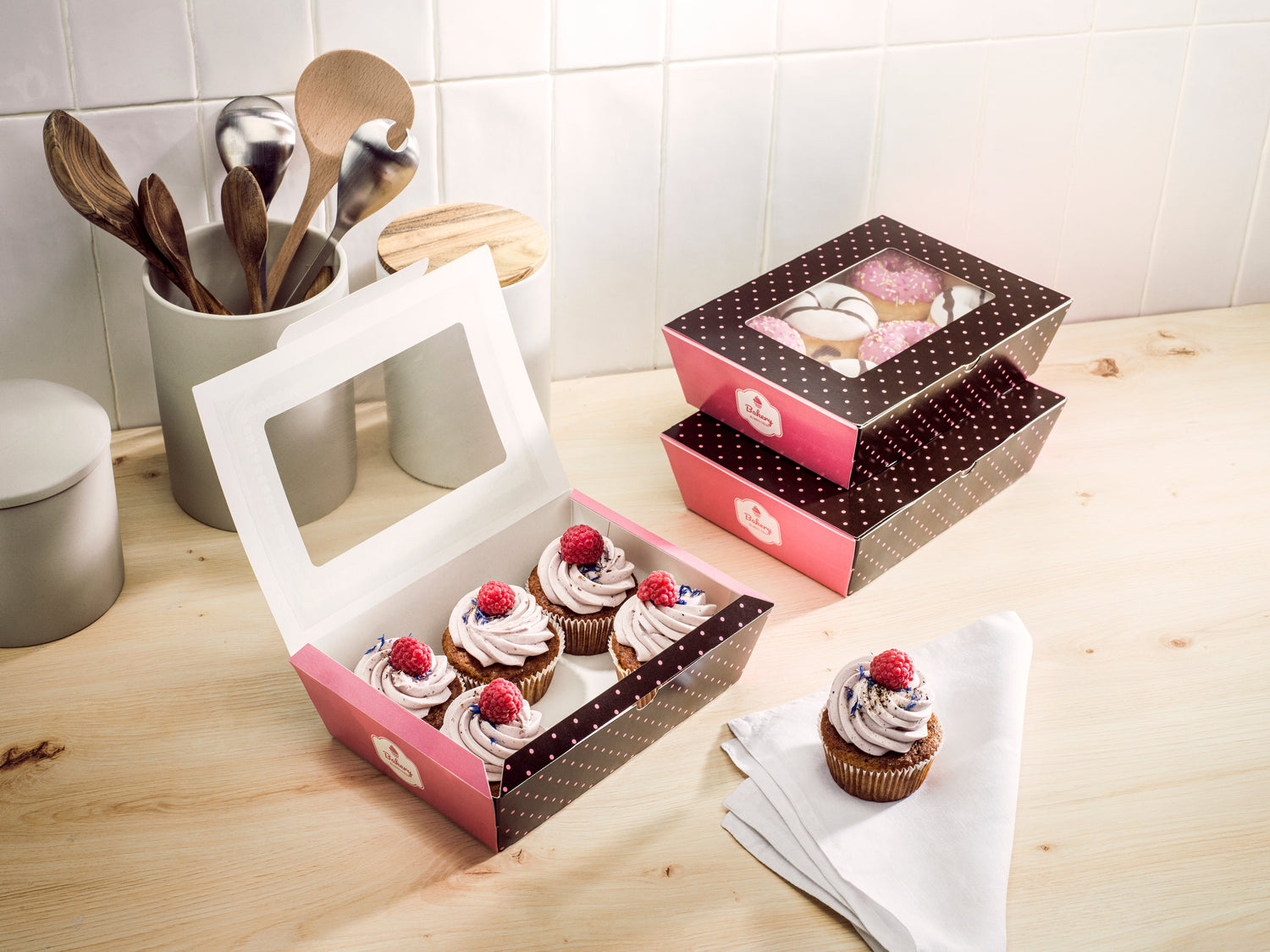
dispersion coated board
Our selection of water-based dispersion coated barrier paperboard provides a medium barrier against grease and moisture.
In addition, most of our dispersion boards are recyclable, biodegradable and can be composted industrially and at home.
Frequently asked questions
Why don't we recycle the same fibres again and again?
Fresh wood fibres are pure and strong, making them an excellent material for the circular economy because they can be recycled multiple times. They help to maintain the fibre loop by compensating for the losses caused by papers and boards that cannot be returned back to circulation. These losses can be due to, for example, a lack of correct sorting for recycling, exports to other fibre-scarce markets or contamination or weakening of fibres.
Is the carbon footprint of recycled paper lower?
Two major factors affect the carbon footprint of packaging: weight and the energy used in production. Boards made from recycled fibre are weaker than those made from fresh fibre, so more recycled fibres are needed in order
to manufacture packaging of the same strength, which increases the packaging weight and therefore its carbon footprint.
Another factor affecting the carbon footprint of packaging is the energy type used in board production. Countries like Finland and Sweden produce more fresh fibre paperboards, mainly using renewable energy. In the European countries where recycled boards account for the majority of production, the mills producing these products are traditionally powered by fossil-based energy.
Is recycled packaging good for foodservice applications?
Recycled fibres can contain residues like printing inks, adhesives and lacquers that should not come into direct contact with food because they are harmful to human health.
Food packaging that is made from recycled paperboard typically includes additional material to protect the food from potential contamination. Often this material is plastic, which increases the carbon footprint of the packaging and can make recycling more complicated.

